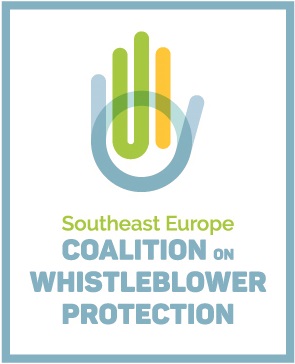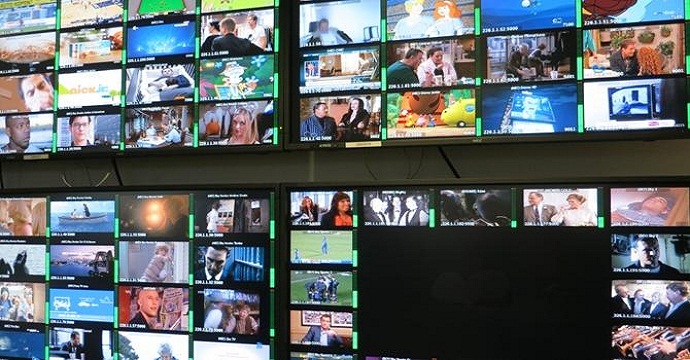Political establishment and their trends for total control over the media for realization of greater political influence are the main culprits for continued destruction of television industry in Macedonia, believe television business experts in the country.
“Not to agree with Sitel and A1, in 2004 SDSM government let three other TV stations to broadcast a signal on the whole territory, Kanal 5, Telma and Alsat M. When VMRO came to power, however, they began to spend enormous money in A1 and Sitel. When they saw that A1 is out of their control, they began to spend money on Kanal 5”, says Viktor Grozdanov, former director of the Association of Private Electronic Media in Macedonia.
Inbox7 analysis brought to light another problem – we have too many national commercial TV stations that are broadcasted terrestrially (via repeaters).
Aco Kabranov, former editor in chief of A1, Kanal 5 and Alfa TV believes that under present conditions there is no room for a TV station on commercial basis in Macedonia.
“In Macedonia there is room for only two commercial TV stations plus public service”, says Kabranov.
He proposes several steps to address the problems in our television industry.
“A solution to this situation is those TV stations not to exist at all. The idea of the owners of TV stations was not to make a commercial product, but to use television to market with any authority. Government only to place the news in them. Such as Sitel or Kanal 5. This government will leave, another one will come and TV stations will immediately incline to it. From a VMRO TV station, we will get a SDSM TV station. Is there any difference in that?”, says Kabranov.
Advertising pie is too small
Advertising market is crucial for the quality of TV programs. In comparison with other countries in the neighborhood, Macedonia stands very badly. We have a lot of TV stations, on the other hand, advertising pie is much smaller compared to other countries in the region.
First on this list is Bulgaria with most money per TV station. They have their own production, and recently they have produced many good and expensive films.
Dimitar Seizov, co-owner of the production company “Moonlight” says the quality of Bulgarian production has been improved above all with a good development plan and money.
“Bulgaria has gone much ahead in the production of films. They have a good starting point. They have a Film City which is the largest in the Balkans. We will need a few years of hard work and investment to shoot a soap opera such as “Glass House” which was broadcasted in Macedonia, says Seizov.
He adds that in this country we can also produce good soap operas, all that has to be done is to invest in production:
“A soap opera of twenty leading actors and thirty supporting actors would cost around 10,000 Euros per episode. A soap opera with two actors and renting an apartment, as shot here in the past, would cost around 3,500 Euros per soap opera. For example, the Turkish soap opera “Leaves” can be shot here with 15,000 Euros per soap opera, which later may be sold, and not just to use it to fill the program. The main point is to earn from the soap opera. In Turkish soap operas with 100 sequels the price can be reduced by 40 percent because the same scenery and team are used”, our film business experts say.
How to improve quality?
Macedonian TV stations are the only in the region that have hundreds of employees. All others are with much more professional staff.
Half of this staff is technical staff, some is administration and marketing, and the number of journalists is 30-40 per TV station. Telma has most journalists, reports the Agency for Audio and Audiovisual Media Services.
According to Seizov, poor financial situation and organizational hierarchy of TV stations “produces” low quality staff.
“I have worked on TV and know that we do not have quality staff. To gather all that are quality, we could barely have one proper TV station”, says Seizov.
For Aco Kabranov, employees’ salary is just another indicator that things in TV stations are not going well.
In A1, says Kabranov, a young journalist began with a salary of 400 Euros and up, while a journalist with ten years experience received even 800 Euros salary.
“Velija Ramkovski knew he had to pay journalists well to have a high quality and independent material. Otherwise, if you do not pay journalists properly, there is a danger they to be corruptible and financially dependent. Then you do not have quality journalism”, adds Kabranov.
Editor: Stojanka Mitreska








